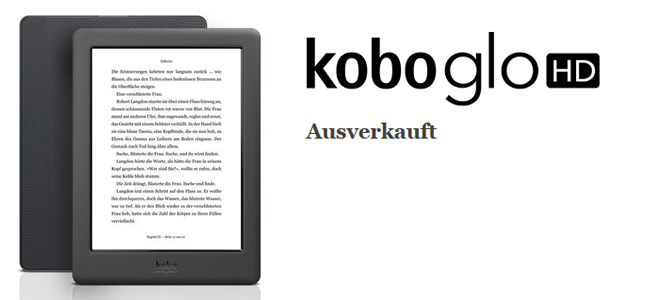

You needn’t choose “EPUB” as output format and convert the files, because these books are actually EPUB files but with “shells”.
Click “Files” –> “Explore decrypted folder”, the EPUB books are saved there. Drag the books into the left part, which is the working area, these books will be decrypted automatically. If the books are synced by Kobo desktop reading app, you can just see them in Epubor Ultimate’s right side library if the books are saved in your Kobo eReader, please connect it to computer via USB, you can also see the books in the right side library. I don’t know if there will be more options other than Epubor Ultimate, however, when I write this article, Epubor Ultimate is actually the only solution everyone can easily access to. I searched on the web for several hours, finally found a solution, Epubor Ultimate. You can click here to skip to the Obok method part. Update Content: Obok updated the plugin months later, now it also supports Kobo desktop reading app version 3.19. In the old days, we can handle those files with a free Calibre plugin called “Obok”, since Kobo updated to version 3.19, the Obok plugin doesn’t work anymore. 
I used to add an extension name “EPUB” on these files, but no luck, still can’t open them with Adobe Digital Editions. The KEPUB folder’s path is usually C:\Users\\AppData\Local\Kobo\Kobo Desktop Edition\kepub

In fact, the books are saved there, but not in EPUB or PDF format, but a file without any extension name, these files are saved in a folder called “KEPUB”, I guess it means “Kobo-EPUB”. That’s why you can’t find EPUB books in your Kobo eReader or Kobo desktop reading app. If you have some eBooks knowledge, you may know Kobo uses Adobe DRM, and Adobe DRM protects EPUB and PDF files.īut with the growing of Kobo Inc., they want to bond their customers to their own readers and apps, so they add another “shell” on their book, you can regard it as another DRM developed by Kobo. Looks like all the companies will be monopolistic as long as they are big enough.







 0 kommentar(er)
0 kommentar(er)
